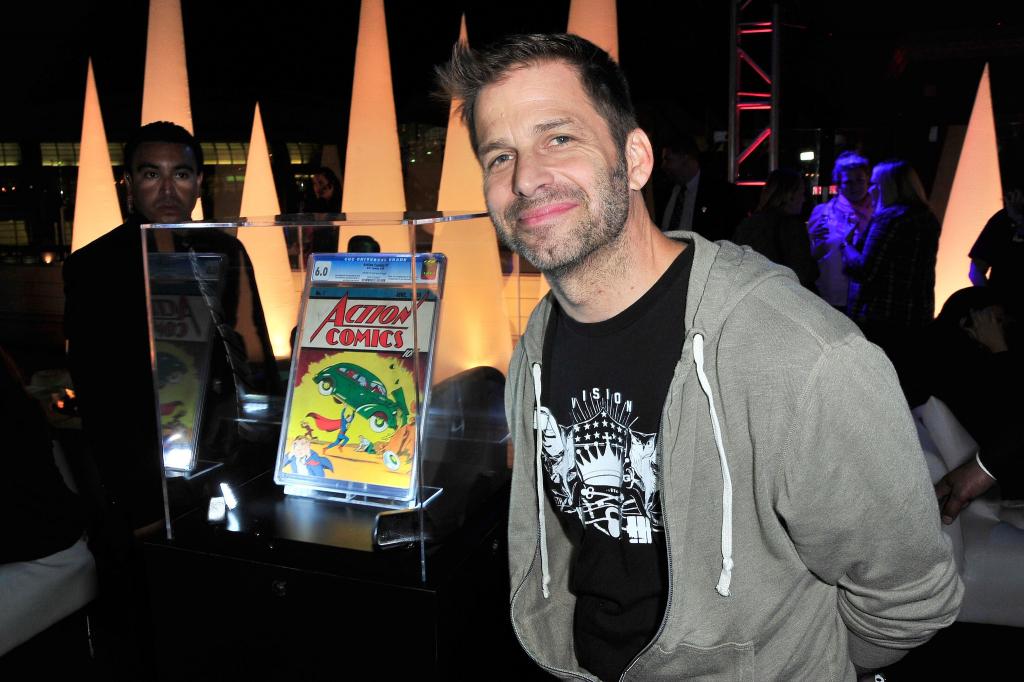
Recently, the Ninth Circuit decided the landmark case of Martin v. Criminalization laws have been shown to be unconstitutional under various provisions of the federal and state constitutions, including the First, Fourth, Sixth, Eighth, and Fourteenth Amendments. īut is it legal to punish people simply for being homeless? The answer is complicated. Nonetheless, these punitive and counterproductive laws continue to proliferate across the country. The legal and policy flaws of criminalization are well documented. Criminalization thus saddles poor, unsheltered people with persecution, impossible fines, or criminal charges for merely surviving in public, rendering them much more likely to remain homeless. Punishments are inescapable, ranging from incessant harassment and “move along” orders from law enforcement or private security to civil infractions or incarceration.

But unsheltered people have no private place to survive, so they are virtually guaranteed to violate these pervasive laws.

Examples of criminalization laws include prohibitions on sitting, standing, sleeping, receiving food, excreting, asking for help, and protecting oneself from the elements: all actions necessary for survival. The “criminalization of homelessness” refers to increasingly popular laws that prohibit or severely restrict a person’s ability to engage in necessary life-sustaining activities in public, even when that person has no reasonable alternative. No city can arrest or sweep its way out of homelessness, but cities across the country increasingly attempt to do so. Homelessness is a monumental crisis in many cities throughout the country. Instead, cities should move to decarcerate homelessness by pursuing more humane and effective alternatives that not only comply with Martin but also promise to stem the crisis. While these efforts might technically comply with Martin, they threaten to undermine the very fundamental constitutional rights it sought to protect and do nothing to improve homelessness. Indeed, post-Martin efforts reframe displacement, forced confinement, and control over unsheltered people not as criminalization, but as compassion. These developments do not alleviate homelessness they repackage its criminalization. The case underscores a sort of transcarceration movement from openly punitive campaigns that incarcerate unsheltered people to alluring campaigns that confine unsheltered people through means such as involuntary commitment into psychiatric facilities or compulsory segregation into authorized zones or camps.

But rather than encouraging states to decarcerate homelessness or facilitate solutions, Martin instead may be leading states and cities to find new ways to hide unsheltered people. A landmark ruling, Martin might push cities to stop criminalizing homelessness and instead address its underlying causes.

Supreme Court, which the Court denied without comment. Boise, supported by amici from scores of other western cities and counties, filed a petition for a writ of certiorari with the U.S. But recently, from the epicenter of the homelessness crisis along the West Coast, the Ninth Circuit extended the Eighth Amendment’s prohibition against cruel and unusual punishment to cities prosecuting unsheltered people for sleeping or camping in public spaces in Martin v. This widespread practice-the criminalization of homelessness-processes vulnerable people through the criminal justice system with damaging results. Cities throughout the country respond to homelessness with laws that persecute people for surviving in public spaces, even when unsheltered people lack a reasonable alternative.


 0 kommentar(er)
0 kommentar(er)
